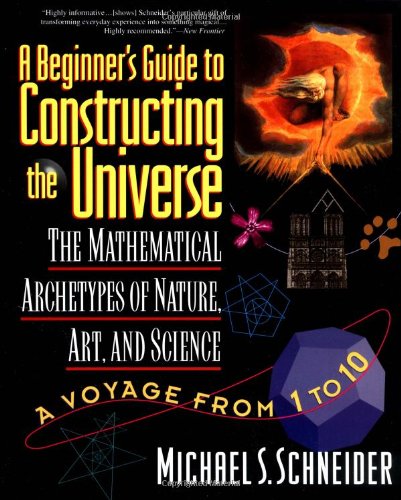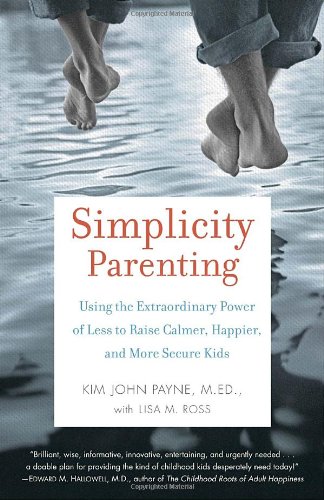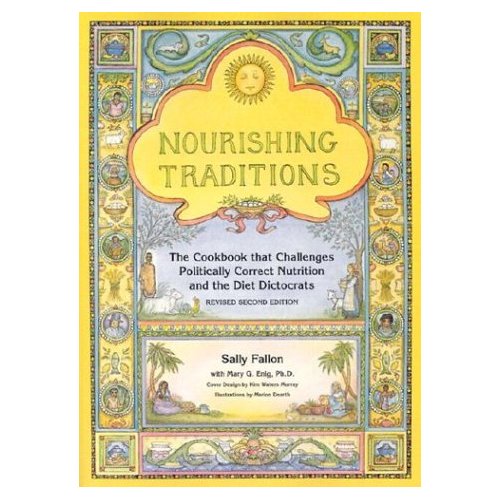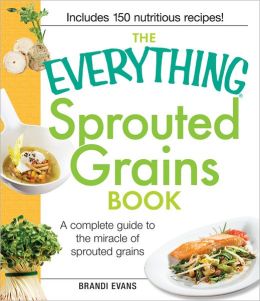The atonement is about being. It is about living life to its fullest. Letting go of ANYTHING that stands in the way of you reaching you fullest potential and living your mission in this life. So like my two year old girl loves to mumble as she freely spins in constant circles, mimicking the Frozen movie, "let it go!" Whatever false beliefs or negative emotions you have purposely or accidentally created from trials you have gone through....find them out and discard them. Your body and spirit will be much happier and you will find yourself more fully living your true potential.

This is where the book, The Emotion Code came in for me. Sometimes I don't acknowledge my emotions. Emotions to me get in the way, or at least it always felt that way. But I realized through reading this book that I need to be aware of what my emotions are, as a guideline to help me understand my beliefs about myself and others around me, and about experiences I have. Much like pain in the body is a way to communicate to us something needs attention.
I know there have been times in my life where I didn't understand my emotions. They were too complex or foreign to the typical fast-paced, quick learner attitude I typically take life with. They literally got in my way or burdened me at times of intense trial. But it was because I didn't take time to understand them as fully as I should have. After reading this book, I found it A helpful tool for me to identify some of my past emotions that I didn't fully accept and are now part of my subconscious. (Please read my past post about emotions stemming from our conscious mind labeling our experiences, which creates an emotion regarding that experience and then lodges in our subconscious as truth, but is indeed a false reality. The graphic that helps will be at the bottom of that post.)
So, if you are interested more in how to find out what some of your false beliefs or negative emotions are that you have subconsciously accepted as truth, then read this book. You can also write down, for a week, negative thoughts you have about yourself and see what the underlying issues may be. And prayer will always help bring things to the forefront--magnify your efforts.
Let me just say that after a big heart break a decade ago that really gave me years of pain I tried to force shut--and as a result lost me a lot of opportunities and people in my life that I wanted to let in, but subconsciously wasn't able to. I am glad that I have since come to a deeper understanding of the roles of emotion and pain and the importance of not subduing or ignoring pain, but of acknowledging it and peacefully, humbly loving the place it has brought me to. Pain is good--if you use it to acknowledge A need for change. There is no way I would be who I am without having had to search myself to find again my fun, spunky inner child and to let go of some childish beliefs I let have place in my heart.
And a major key in this process is acknowledging fear and worry as triggers that keep you from this path of letting go. I live life with a motto that if I fear something or worry about something, then I need to better understand it and learn about it so I can empower myself to not hold onto that worry or fear, but more fully replace it with faith. What are fears you have? Have you acknowledged them? Have you turned them over to The Lord? Or are we too busy trying to keep them inside ourselves, being independent? The Lord wants us to yoke with him, but he can't if we are independent and stubborn in our certain realms of "that's just who I am" or "that's just life" type of thoughts. God wishes us to excel and not be held back. if we feel held back in any area, there is a lesson to be learned. Find it, or at least move forward in faith,
Most of us have a heart wall. The emotion code explains it as a subconscious barrier we place around our heart after having experiences we attach negative emotions to, in order to protect ourselves. I thought I had cleared mine six years ago after I got back from my mission, when I felt free and I had more clear direction for my life, but really it was still suppressed. (Somehow Paul got past it...lucky man.) :) Now I can say it is gone, fully acknowledged and I now know and feel the difference. So it can't affect me subconsciously in my behavior towards others and not letting them in. I feel great love towards that experience, instead of grief and bitterness, because I see Gods hand in it completely. And I love where I am at and who I am. I feel I am living my potential, my mission in life. And there is nothing better than feeling free, unburdened--aware of God so fully in all the details of my life and learning. My favorite beatitude is "blessed are the pure in heart, for they shall see God." It is our hearts that allow us to see (for better of for worse). Don't allow your heart to be clouded over, but turn all things over to God and let him show you his hand in your life. You truly will see God in all the details as you attach gratitude and positive meaning to all things you experience.
Like Victor Frankhill said...
"the last of mans freedoms is to choose his attitude in a given set of circumstances."
Don't just choose your attitude, choose the higher way of turning your mental focus on your trials over completely to The Lord and asking him to remove the negative thoughts about it and to make you new, and show you His hand in the trial towards reaching your potential. That is what he wants for you! You can be who you want to be now. Seriously. I felt I would be that person a decade from now, but since this experience I have realized I am who I want to be! I love my life and feel I am living my mission. I am where I need to be and life is awesome! God is awesome!
"the last of mans freedoms is to choose his attitude in a given set of circumstances."
Don't just choose your attitude, choose the higher way of turning your mental focus on your trials over completely to The Lord and asking him to remove the negative thoughts about it and to make you new, and show you His hand in the trial towards reaching your potential. That is what he wants for you! You can be who you want to be now. Seriously. I felt I would be that person a decade from now, but since this experience I have realized I am who I want to be! I love my life and feel I am living my mission. I am where I need to be and life is awesome! God is awesome!
Phew! That was intense.
So, good luck on living your mission.
And Remember my all-time favorite Scripture: Moroni 10:32 (that whole chapter rocks!)
Yea, come unto Christ, and be perfected in him, and deny yourselves of all ungodliness; and if ye shall deny yourselves of all ungodliness, and love God with all your might, mind and strength, then is his grace sufficient for you, that by his grace ye may be perfect in Christ; and if by the grace of God ye are perfect in Christ, ye can in nowise deny the power of God.
And Remember my all-time favorite Scripture: Moroni 10:32 (that whole chapter rocks!)
Yea, come unto Christ, and be perfected in him, and deny yourselves of all ungodliness; and if ye shall deny yourselves of all ungodliness, and love God with all your might, mind and strength, then is his grace sufficient for you, that by his grace ye may be perfect in Christ; and if by the grace of God ye are perfect in Christ, ye can in nowise deny the power of God.
A fun idea is to study the heart, in the scriptures. What takes hold on the heart? How do we let it go? why is Satan so eager to take hold on ours? Etc.
---------------------------------
I will post the chart from the book here....






















